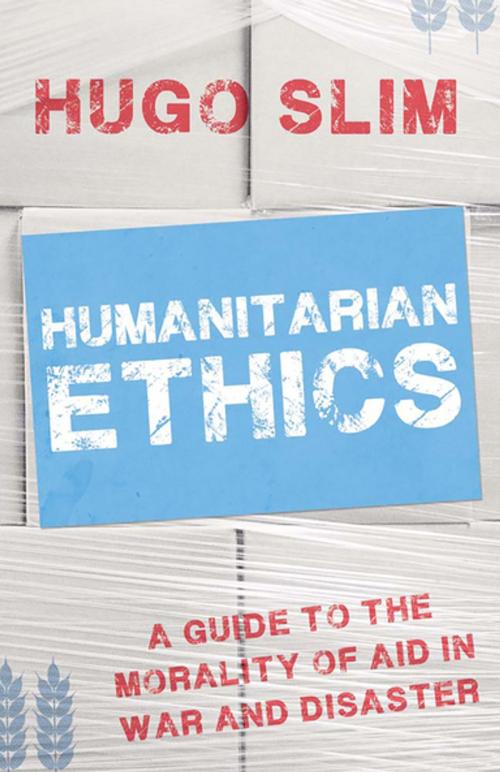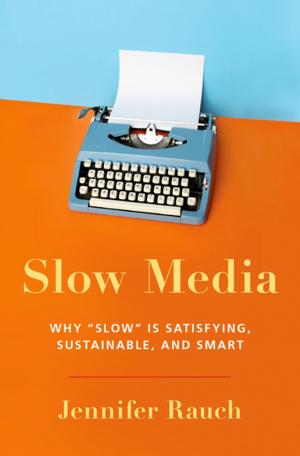Humanitarian Ethics
A Guide to the Morality of Aid in War and Disaster
Nonfiction, Religion & Spirituality, Philosophy, Ethics & Moral Philosophy, Social & Cultural Studies, Social Science| Author: | Hugo Slim | ISBN: | 9780190613327 |
| Publisher: | Oxford University Press | Publication: | January 9, 2015 |
| Imprint: | Oxford University Press | Language: | English |
| Author: | Hugo Slim |
| ISBN: | 9780190613327 |
| Publisher: | Oxford University Press |
| Publication: | January 9, 2015 |
| Imprint: | Oxford University Press |
| Language: | English |
Humanitarians are required to be impartial, independent, professionally competent and focused only on preventing and alleviating human suffering. It can be hard living up to these principles when others do not share them, while persuading political and military authorities and non-state actors to let an agency assist on the ground requires savvy ethical skills. Getting first to a conflict or natural catastrophe is only the beginning, as aid workers are usually and immediately presented with practical and moral questions about what to do next. For example, when does working closely with a warring party or an immoral regime move from practical cooperation to complicity in human rights violations? Should one operate in camps for displaced people and refugees if they are effectively places of internment? Do humanitarian agencies inadvertently encourage ethnic cleansing by always being ready to 'mop-up' the consequences of scorched earth warfare? This book has been written to help humanitarians assess and respond to these and other ethical dilemmas.
Humanitarians are required to be impartial, independent, professionally competent and focused only on preventing and alleviating human suffering. It can be hard living up to these principles when others do not share them, while persuading political and military authorities and non-state actors to let an agency assist on the ground requires savvy ethical skills. Getting first to a conflict or natural catastrophe is only the beginning, as aid workers are usually and immediately presented with practical and moral questions about what to do next. For example, when does working closely with a warring party or an immoral regime move from practical cooperation to complicity in human rights violations? Should one operate in camps for displaced people and refugees if they are effectively places of internment? Do humanitarian agencies inadvertently encourage ethnic cleansing by always being ready to 'mop-up' the consequences of scorched earth warfare? This book has been written to help humanitarians assess and respond to these and other ethical dilemmas.















